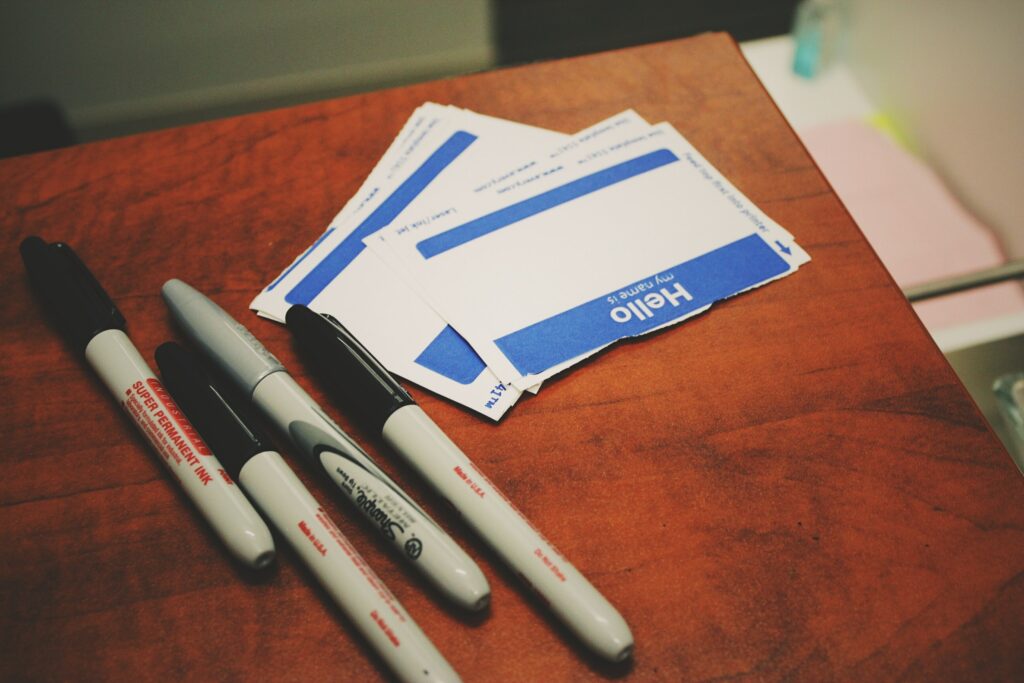
The word “dyscalculia” is a tad unwieldy. It’s difficult to pronounce and plenty of people have never come across the term and don’t really know what it means.
But plenty of people have come across dyscalculia itself; they just know it under a different name. For our first time readers, dyscalculia is a learning difference that affects the ability to do math functions. (Learn more by reading What is dyscalculia? on our blog.)
What are the words we use to refer to dyscalculia? Well, some people know dyscalculia as “dyslexia with numbers” or “math dyslexia”. They know that it’s not just a matter of being “bad at math”. Dyscalculics process numbers differently than people without dyscalculia. As most children develop number skills they automate certain math tasks so that they can focus on more advanced ones. Dyscalculics don’t do this, which slows down any problems they need to solve that involve numbers.
Dyslexics process written and spoken language differently than do non-dyslexics. Dyslexia causes difficulty in mapping written word to spoken. The problems dyscalculias have with matching quantities to actual numbers, for instance, may be the origin of the term “dyslexia with numbers”.
Another common phrase used for dyscalculia is “math learning disorder”. Again, this goes beyond simply finding math difficult in school as it involves having basic difficulty with numbers. Dyscalculics will have trouble differentiating between large and small quantities or making estimations, for example.
So where exactly does the word “dyscalculia” come from? It actually derives from a mix of Greek and Latin. “Dys” is the Greek part of the word and means “bad” or “ill”. The second part comes from the Latin “calculare”, which means to count. Someone with dyscalculia literally “counts badly”. In fact, dyscalculics often have to resort to measures such as counting on fingers to perform addition or subtraction, which should not be seen as cheating or a bad thing to do, it is a perfectly reasonable way to calculate.
Is it important that the word “dyscalculia” comes into greater use? We think so! Giving the term greater awareness could also bring more general knowledge of dyscalculia itself. Teachers will know what signs to look for, what support their students need and resources can be developed for parents and therapists can have access to new intervention methods.
How do you refer to dyscalculia? Do you think the question is even important? Leave a comment below and let us know what you think.
See this website for more information:
https://www.understood.org/en/school-learning/partnering-with-childs-school/instructional-strategies/at-a-glance-classroom-accommodations-for-anxiety?
Yes, there should be accommodations for kids with anxieties. Reading a fun book, such as The Counting Game by Cynthia Fabian is great. That is, the character is going through the same things as they are and having a sense of humor while going through it.
Thank you, Pete.